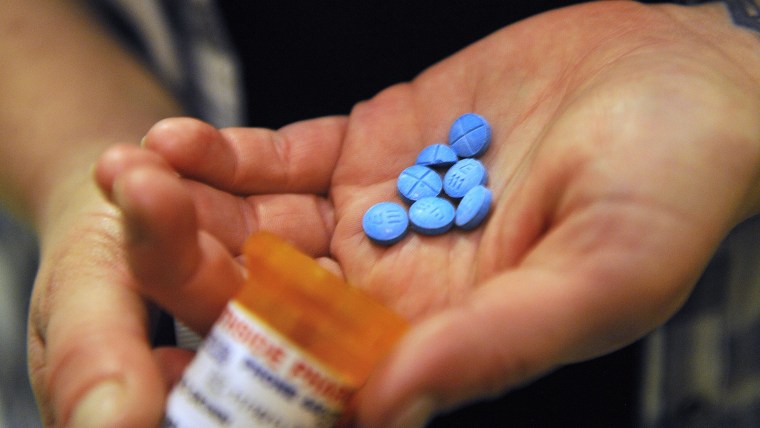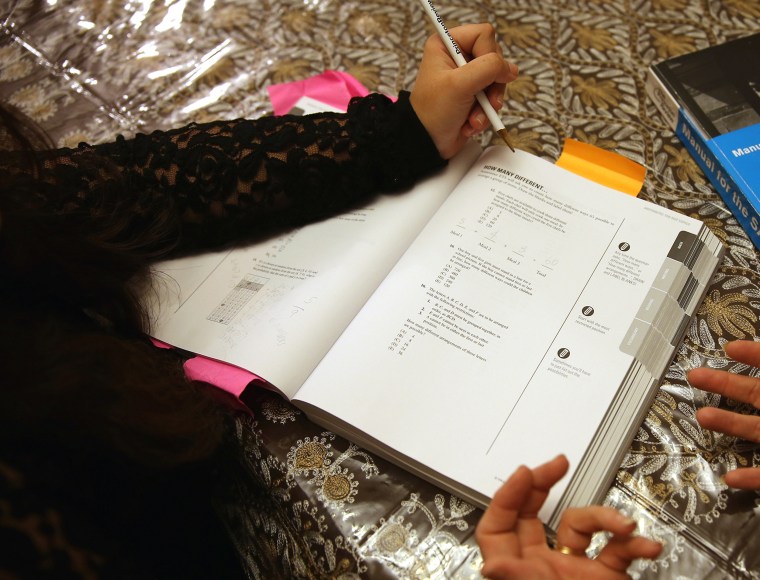In the ever-increasing competition for stellar grades, nearly one in five Ivy League college students without a diagnosis of ADHD is turning to prescription stimulants used to treat the disorder to help improve focus and get an added edge, new research suggests.
And more than 30 percent of them don’t look at ADHD drug misuse as cheating, according to the study that will be presented at the Pediatric Academic Society meeting in Vancouver, British Columbia this weekend.
Researchers analyzed responses from an online questionnaire of more than 600 Ivy League sophomores, juniors and seniors who were not diagnosed with ADHD — attention deficit/hyperactivity disorder — and therefore did not have a prescription for the medication. Writing essays and studying for an exam cause the most angst for students — of those who used stimulants, 69 percent said they used them to stay focused while writing and 66 percent said they used the drugs to help study.

More than one-quarter of the students who admitted to using ADHD stimulants such as Ritalin or Adderall said they tried them four to eight times, and 24 percent used stimulants on eight or more occasions. More students who played a varsity sport and were affiliated with a Greek house reported stimulant misuse compared with students affiliated with only one or neither.
The honor system is on shaky ground, with about one-third of students saying the use of stimulant medication to improve grades didn’t constitute cheating. Slightly more than 40 percent thought it was cheating, and one-quarter were unsure.
ADHD drug abuse doesn’t come as a surprise to the researchers.
“It’s everywhere, and our results are in line with what other studies have identified,” says senior investigator Dr. Andrew Adesman, chief of developmental and behavioral pediatrics at Steven & Alexandra Cohen Children's Medical Center of New York. “Once kids go off to college, all bets are off in a parent’s ability to monitor (ADHD) medications and whether their children are diverting their drugs to friends and classmates.”
Part of the problem is that ADHD medications really do work well in improving focus and attention. But there is a dark side. Although the medications are generally safe and effective when prescribed and monitored by a healthcare professional “. . . the concerns are greater when a medicine is being diverted,” he says. “What’s safe for one patient may not be safe for that patient’s buddy.”
Aside from the potential for medical problems, students may also face legal problems. “It’s unlawful distribution of a controlled substance,” says Adesman. “The law isn’t going to look at someone any differently if they gave their drugs to a friend or if they sold those drugs downtown for some extra cash. These kids are jeopardizing their futures.”
